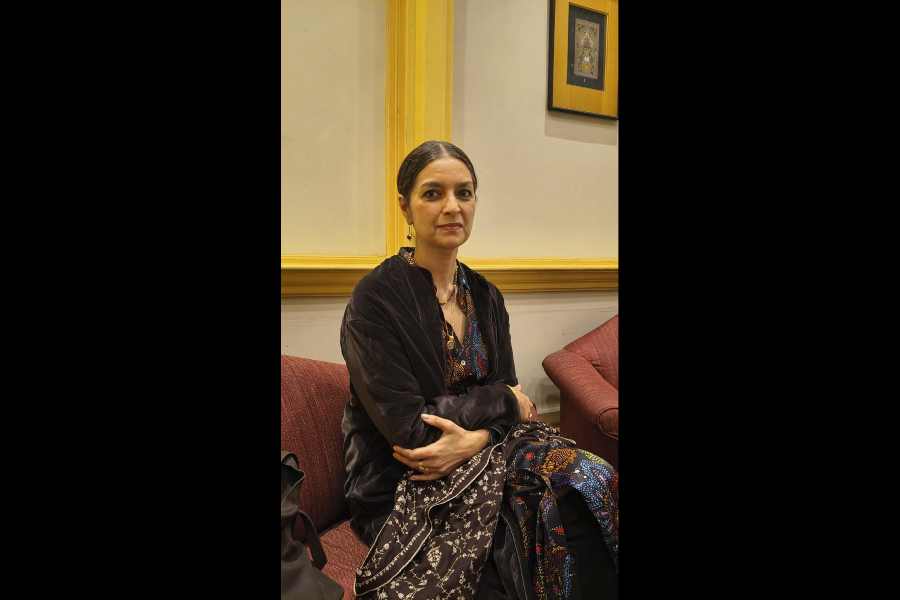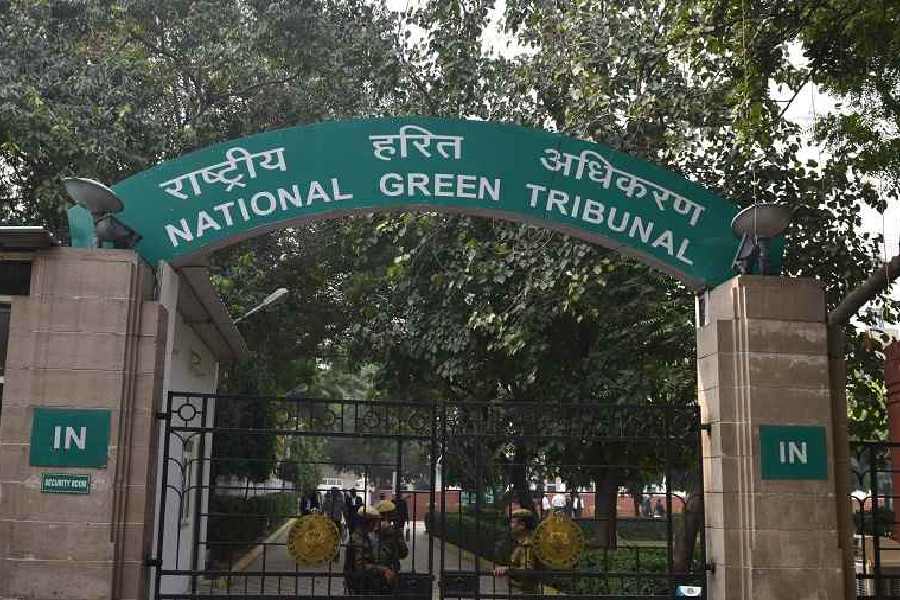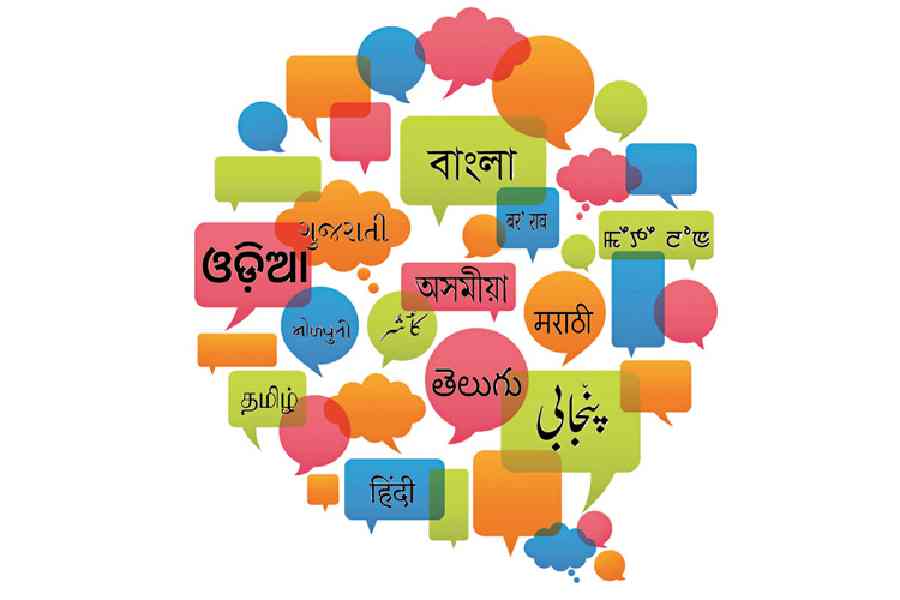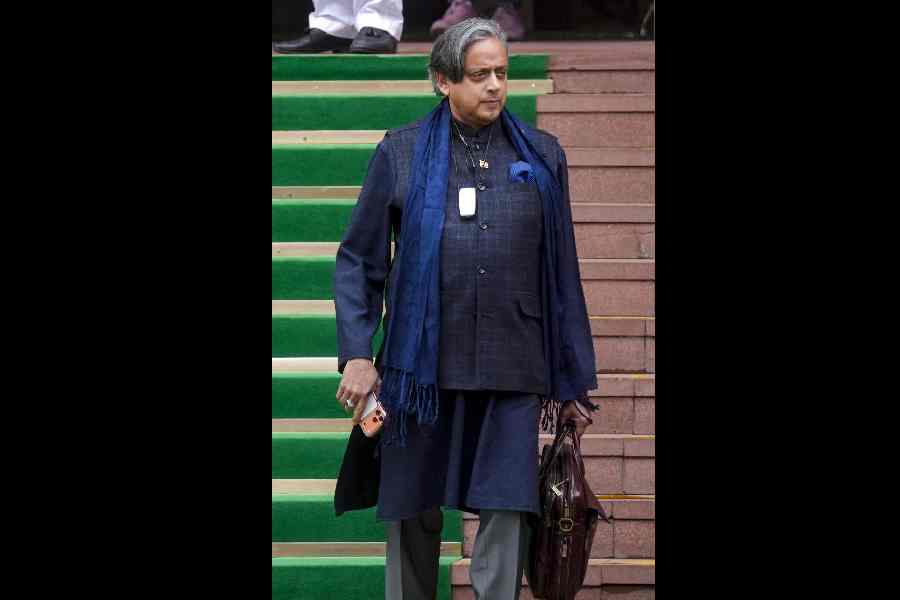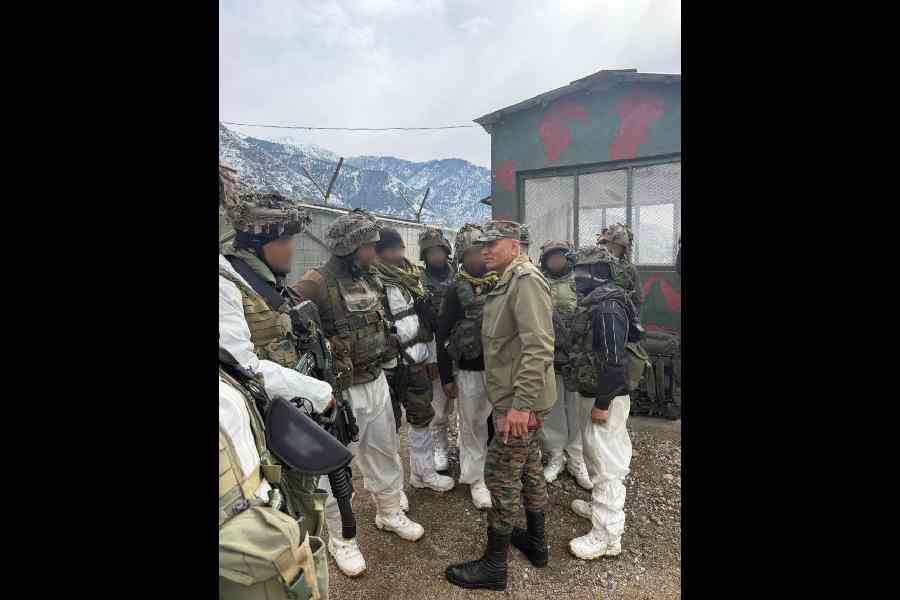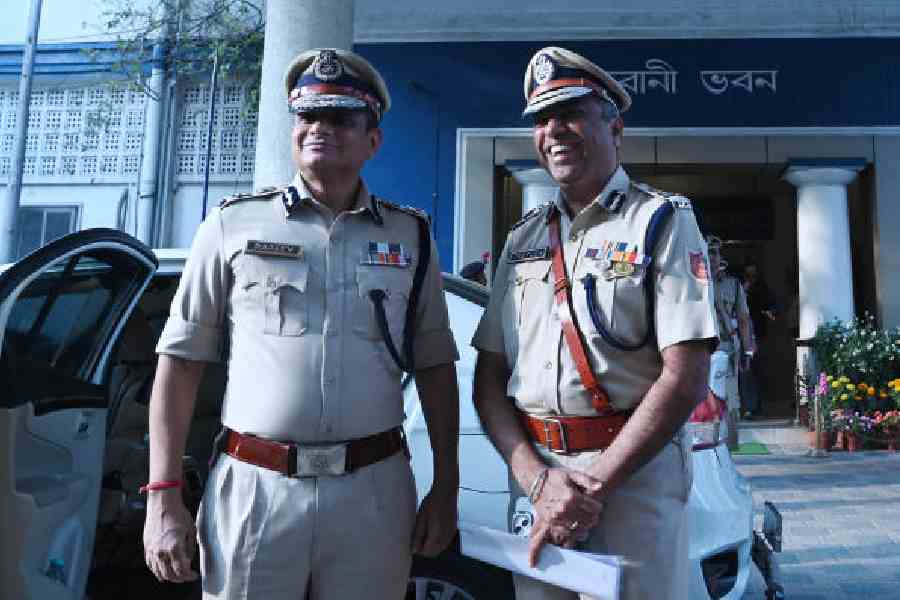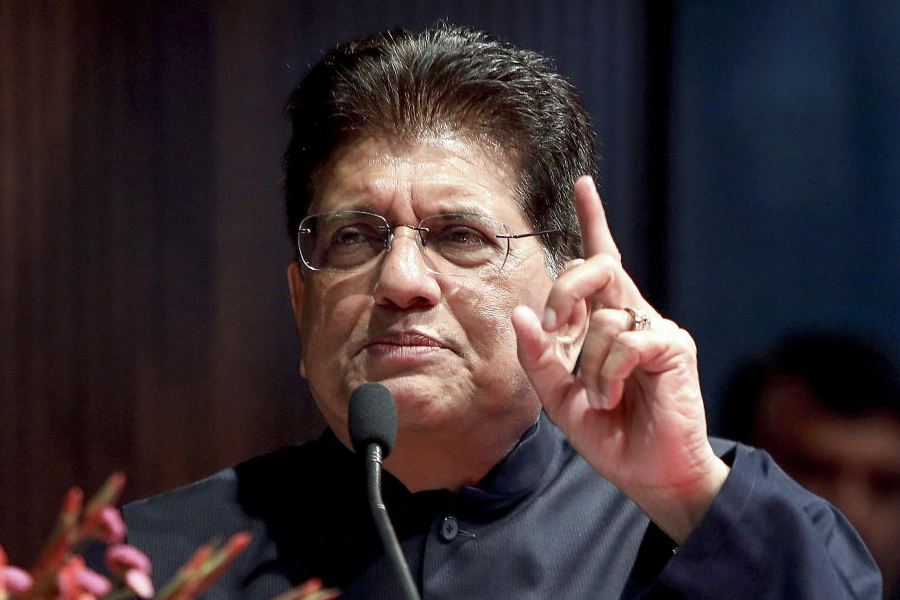Old hat
Sir — Taylor Swift recently announced her engagement to Travis Kelce, a National Football League player, and her army of fans, known as Swifties, naturally cannot keep calm. What is interesting, though, is her Instagram caption for their engagement post which read “Your English teacher and your gym teacher are getting married.” While the dynamic of ‘opposites attract’ must be celebrated, Swift’s harping on the perceived contrast between brawn and brains — a tired trope in popular culture — was hardly inspiring. Can’t athletic persons be readers and intellectuals? Perhaps Swifties have something to think about?
Manisha Dey,
Noida
Penalty kicks in
Sir — The president of the United States of America, Donald Trump, issued an executive order hitting India with an additional 25% tariff for its purchases of Russian oil. The additional tariffs, which raised the total tariff on India’s exports to the US to 50%, came into effect on Wednesday.
The new tariffs threaten thousands of small exporters and are set to disrupt global supply chains. Sectors like leather, engineering, and automobile parts are expecting huge losses ahead of the festive season. Amidst such chaos, India should remain calm, avoid retaliation, start meaningful trade negotiations with the US and should not proceed under threats or mistrust.
D.P. Bhattacharya,
Calcutta
Sir — Donald Trump’s imposition of 50% tariffs on Indian exports to the US is going to destroy many businesses and livelihoods across India (“Tariff last hope: Divine help”, Aug 28). Clouds of depression and fear are gathering over the Indian economy. The tariffs are a major part of the American foreign policy
to pull India away from self-reliance and from its growing ties with Russia and China. Trump’s tariffs will plunge the world into economic mayhem.
Anwar Saeed,
Calcutta
Sir — By imposing an additional 25% tariff on Indian exports as a penalty for buying Russian oil, the Donald Trump-led administration has made trade with the US unfeasible. Sectors ranging from shrimps to diamonds, gold and jewellery to textiles, leather and footwear are expected to bear the maximum brunt of the high tariffs. The US’s double standards in imposing tariffs are visible. While China accounts for 47% of Russia’s crude exports, the total tariffs against Beijing by Washington stand at less than 50%.
Diversifying exports is a pragmatic solution for India to mitigate the impact of punitive tariffs. It is heartening that the Indian government resisted pressures from the US and sent a clear message that its choice of trading partner is determined by its national interest. India should also not be oblivious to the importance of ushering in domestic economic reform.
M. Jeyaram,
Sholavandan, Tamil Nadu
Sir — It is the beginning of a long haul for India as the additional 25% tariffs imposed by Donald Trump have come into effect. Trump is punishing New Delhi for buying Russian oil. The Indian prime minister, Narendra Modi, has put on a brave face and raised the pitch for swadeshi, atmanirbhar Bharat and Make in India, while ruling out any compromise on the interests of farmers and small-scale industries.
Despite Modi’s tough talk, it is feared that the new tariffs will hit India’s labour-intensive sectors, raise the cost of Indian goods in the American market, and prompt buyers to explore other options. The immediate priorities for the Modi government should be to help exporters increase shipments of textiles, leather, gems and jewellery to alternative markets and provide financial aid to affected businesses so as to curb job losses.
Khokan Das,
Calcutta
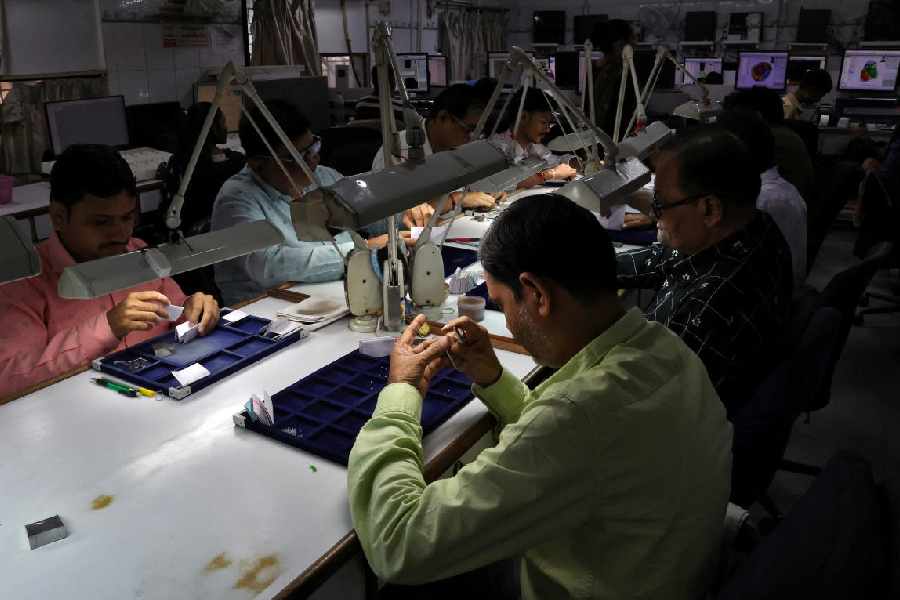
Workers check the grading of polished diamonds at a diamond processing unit in Ahmedabad Reuters
Sir — The report on Narendra Modi avoiding calls from Donald Trump as trade tensions between the two nations escalated deserves reflection. If the report by a German newspaper is to be believed, then it indicates the shifting dynamics of India’s foreign policy and the calibration of personal diplomacy. While Trump prides himself on transactional relationships and instant access, India has traditionally valued institutional continuity over personal overtures.
By maintaining a measured distance, New Delhi sought to avoid being drawn into unpredictable pressures. This signals India’s assertion of strategic autonomy in a multipolar world. Diplomacy is best conducted through institutions and must not be reduced to the urgency of phone calls.
Gopalaswamy J.,
Chennai
Fragile system
Sir — Despite improvement in healthcare facilities in Bengal over the past decade, patient migration to other states continues (“Costly care”, Aug 25). It is common for many in Bengal to travel to southern states to get treated for critical illnesses and for complex medical procedures. Hospitals in South India have advanced infrastructure and are known to provide better treatment.
In contrast, Bengal’s weak government healthcare infrastructure has pushed people towards private hospitals, which are expensive and beyond the reach of many.
Kiran Agarwal,
Calcutta


